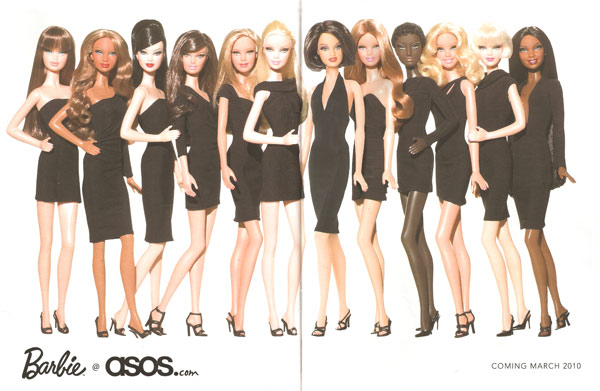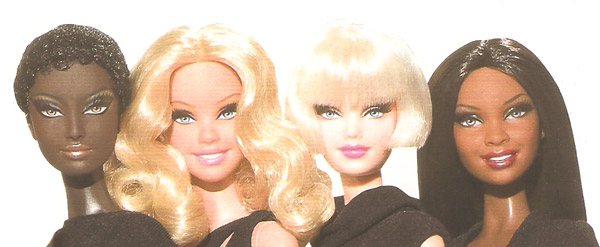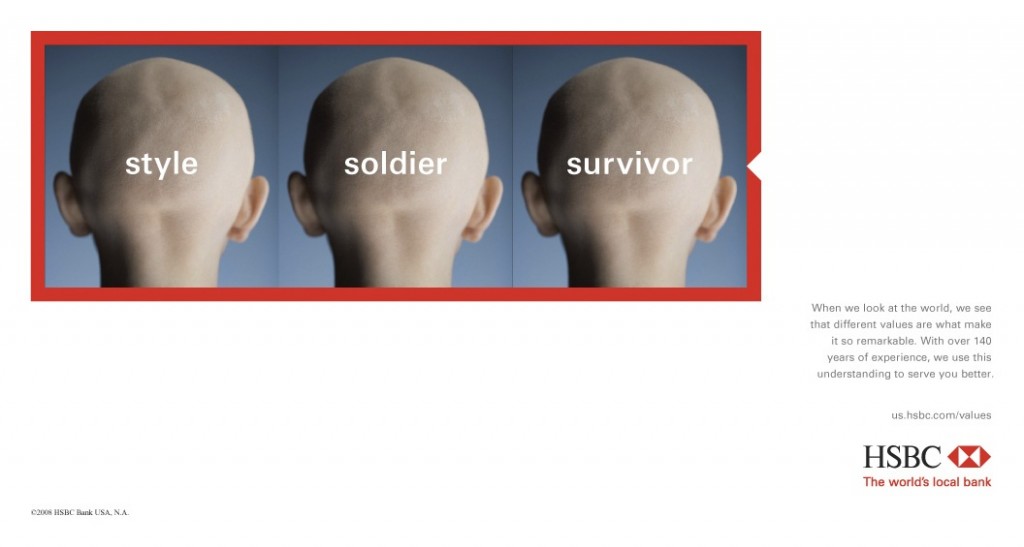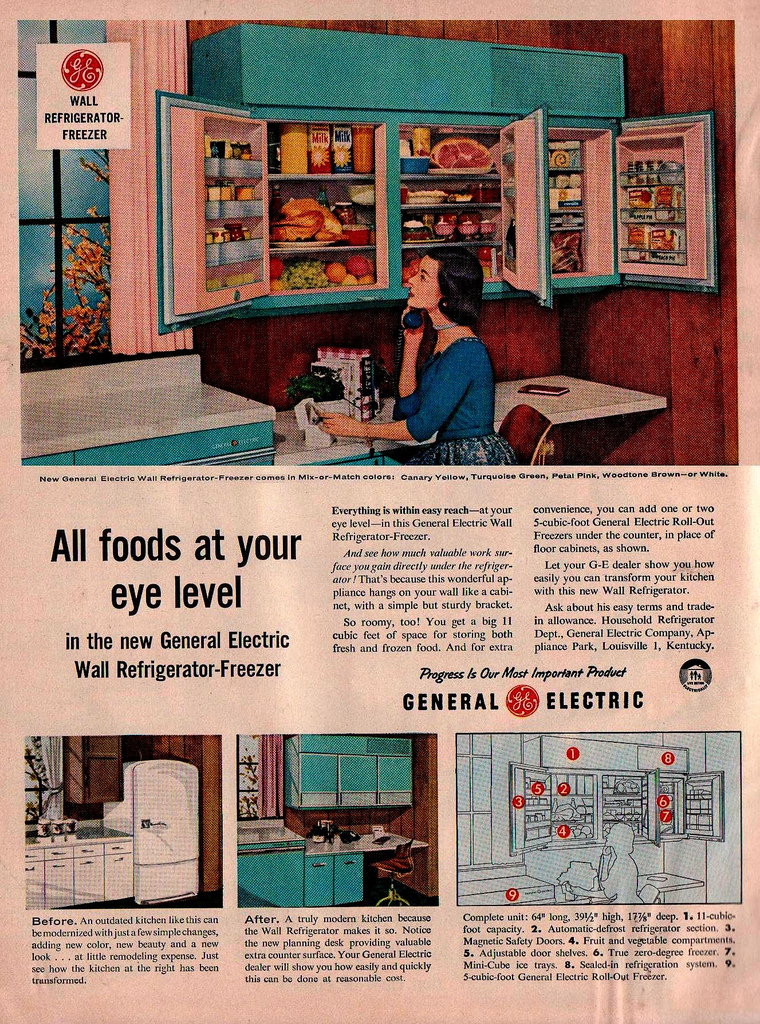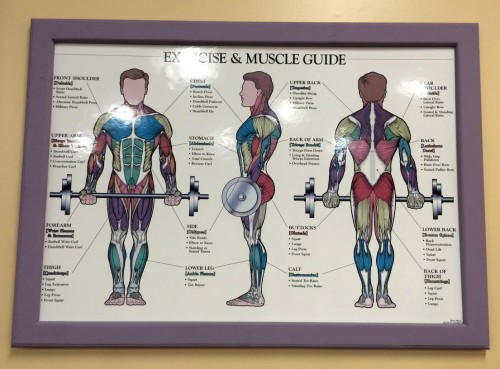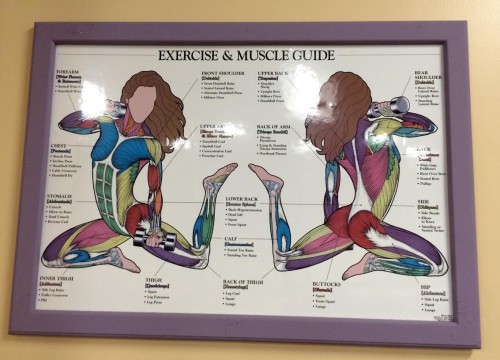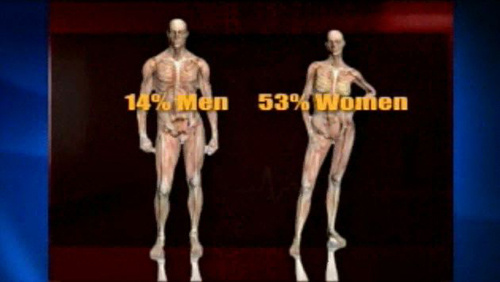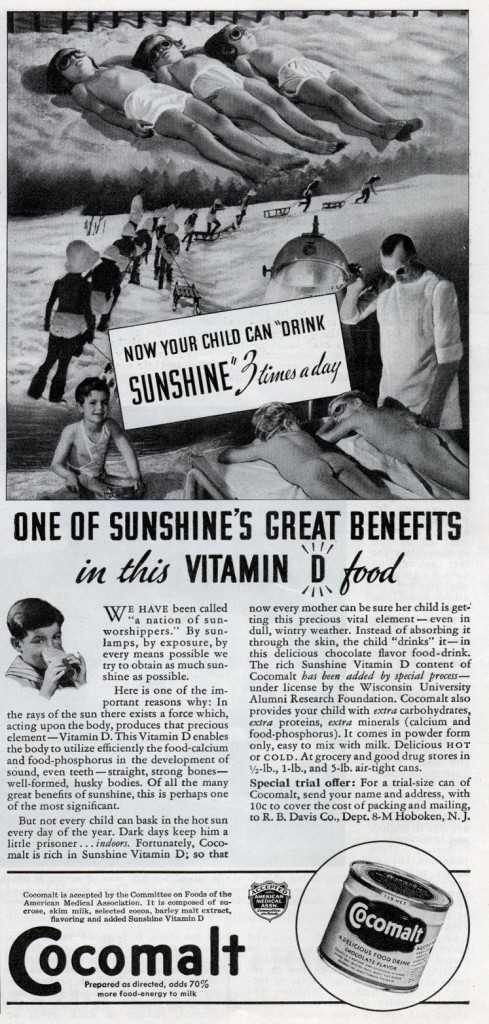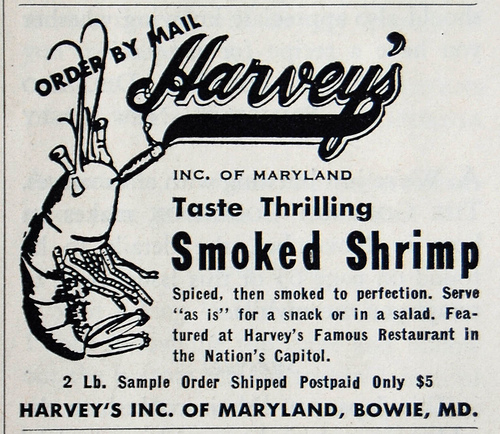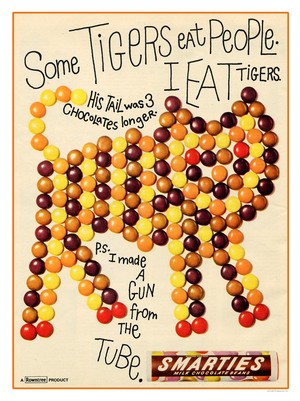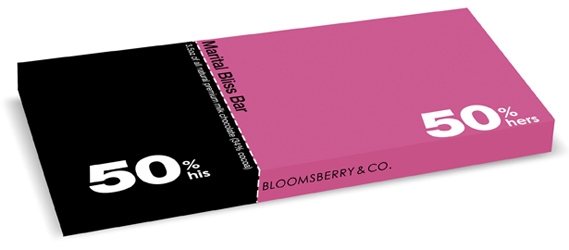It turns out that reports of white ethnic identification on the U.S. Census shift so dramatically over time, that simple demographic change cannot account for them. Instead, (especially) white people, who can largely pick which of their ethnic ancestries to emphasize at any given time, are inconsistent. Accordingly, ethnicities fall in and out of favor. For example, German became quite unpopular during World War II. Similarly, American Indian rose in popularity in the 1960s. Today, many people proudly report their Irish ancestry, but there was a time in American history when one might keep it a secret if one could.
In Blue Collar Bayou, Jaques Henry and Carl Bankston III describe the recent resurgence of Cajun identification in Southern Louisiana. They explain that, between 1975 and 2000, there was a 300% increase in the number of people who identify as Cajun.
Cajuns are a people who settled in Southern Louisiana after being exiled from Acadia (now Nova Scotia, New Brunswick, and Prince Edward Island) in the mid 1700s. Mostly poor, for a very long time “Cajun” was a bad thing to be and negative stereotypes abounded.
Henry and Bankston explain that for most of their time in Louisiana, the portrayal of Cajuns was “solidly pejorative” (p. 65). They write:
Their Canadian origin, the dire circumstances of their settlement, and their early status as destitute refugees also set the Acadians apart from other white groups in Louisiana… [who] generally held higher socioeconomic positions… These groups… viewed the Acadian, and later Cajun, community as distinct and of little worth.
At the time, their food was described as “adequate.”
It wasn’t until the 1960s that these negative stereotypes started to change and now Cajun ethnicity, country, music and, especially, food is wildly popular:
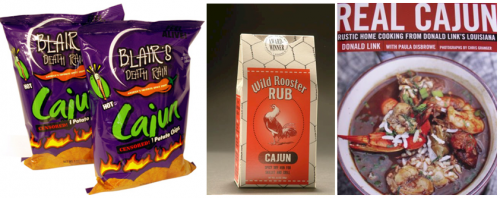
Today Louisiana’s biggest problem isn’t getting people interested in Cajun food, it’s policing all the imitators. Products labeled “Cajun” are so profitable today that the Louisiana legislature is trying to combat the “fake Cajun [product] problem” by using a logo on all Louisiana products that says “Product of Louisiana Certified Cajun“:
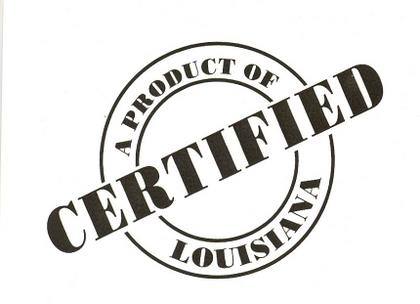
The new popularity of Cajun food can be attributed in part to efforts by the Louisiana tourism board and a handful of celebrity chefs, like Paul Prudhomme, who had the resources, skills, and business acumen to transform the food into a cuisine.
A nice example, I thought, of the social construction of both food and ethnicity.
Images here, here, and here.
Lisa Wade, PhD is an Associate Professor at Tulane University. She is the author of American Hookup, a book about college sexual culture; a textbook about gender; and a forthcoming introductory text: Terrible Magnificent Sociology. You can follow her on Twitter and Instagram.

